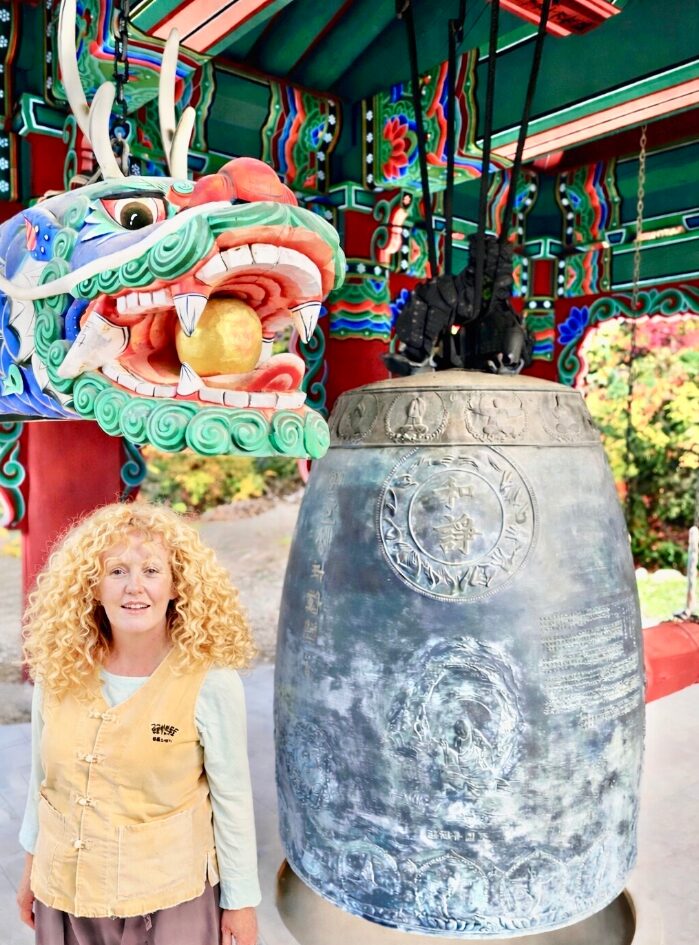
Photo by RODNAE Productions on <a href="https://www.pexels.com/photo/man-love-people-woman-6647119/" rel="nofollow">Pexels.com</a>
Canadians are generous donors to charity, with over 84% making at least one donation a year for a total of over $10.6 billion in 2021. But with over 86,000 registered charities operating in the country, trying to decide where donations will have the most impact can be daunting.
One organization that tries to provide guidance to donors in making informed decisions is Charity Intelligence. Its stated mission is “to provide Canadian donors with information that helps them make informed and intelligent giving decisions to have the greatest impact.”
Unfortunately, Charity Intelligence (CI) has failed miserably in carrying out its mission due its questionable assessment model, an inadequate governance structure and its principals being more interested in raising their media profile than carrying out unbiased analysis.
Since its launch in 2006, experts in the charitable and non-profit sector have questioned CI’s rating methodology, which relies almost exclusively on examining financial data. Charity law expert Mark Blumberg says that system of analysis is lacking, arguing “financial statements only cover 20-30% of the important information that a charity should disclose because it does not usually reflect volunteer contributions, impact, programs, etc. An audited financial statement only provides an general overview of the financial information.”
An article in Charity Village (“Charity Intelligence, Transparent on Transparency?”) cited non-profit sector experts critical of the organization’s methodology, stating the model results in “naïve analysis of data and lack of knowledge of CRA guidelines and how non-profits in Canada actually work.”
Beyond its flawed methodology, Ci and its tiny staff are simply not qualified to conduct legitimate analysis. None of the organization’s three full time employees, including Managing Director and public face of the organization, Kate Bahen, are professional auditors or Chartered Professional Accountants. Yet somehow, this small, underqualified group has posted assessments of over 780 organizations.
Despite being a self-appointed watchdog of the charitable sector, as a registered charity itself, Ci’s own governance standards are highly questionable. Two of their three full-time employees, Bahen and Director of Research Greg Thompson, are members of Ci’s three-person Board of Directors.
This double duty as employee and board member completely contradicts widely accepted best practices for governance in the non-profit sector. Nevertheless, Ci gives itself an overall rating of five stars out of five on its own website. This, despite the fact that the organization briefly had its own charitable status revoked by Revenue Canada in 2012, for failing to file its annual returns.
Ci’s work may also be influenced by a political bias according to journalist and author, Mark Bourrie, who pointed out that both founder Kate Bahen and CI board chair Graeme Hepburn are donors to the Conservative Party. Elections Canada data shows that Hepburn alone has made 53 separate donations to the Conservative Party/candidates to the tune of over $34,000, and once hosted a fundraiser for former Ontario Conservative leader, Tim Hudak.
There’s no law preventing such contributions, but Ci and Bahen’s biases were made abundantly clear in 2020 when they gleefully piled-on to the Conservative Party’s attacks against WE Charity for agreeing to administer the Liberal government’s Canadians Student Service Grant (CSSG).
From June to December 2020, Ci/Bahen, appeared in 698 print and online articles, 356 television reports, and 659 radio reports—all to talk about WE Charity, ME to WE, WE Charity founders Marc and Craig Kielburger, and the CSSG.
Attacking charities, despite its stated commitment “to always be respectful of Canadian charities, to respect their decisions and recognize the challenges they face,” is nothing new for Ci. In 2019, Bahen accused the True North Foundation – the charitable foundation affiliated with the Winnipeg Jets hockey team – of overspending on fundraising and excessive administration costs, and bizarrely called the organization a “puck hog” in a TV interview.
Bahen eventually apologized (“Charity Intelligence Canada issues apology to the True North Youth Foundation”) stating, “I want to unreservedly and unequivocally apologize for my unfortunate mischaracterization of True North Youth Foundation Inc. (TNYF) that was aired in the media.”
With a questionable rating system, less than qualified analysts and a suspect governance model, Canadian donors should be wary of Ci’s assessments of other charities. As Liberal MP Francesco Sorbara said to Bahen at an Ethics Committee hearing related to the CSSG, “You (CI) only have two or three people working there as your staff. There are a lot of charities in Canada and many people will go your site to get your views. Where’s the due diligence on your side on the quality of the research you’re putting out?”
Indeed, as giving season approaches, Canadian donors would be wise to take advantage of organizations with a less biased and performative track record than Ci, like www.canadahelps.org. Or they could review annual ratings from outlets like MacLean’s, and follow the tips here to know what to look for in evaluating a charity on their own.
A Reader
Cornwall, Ontario













